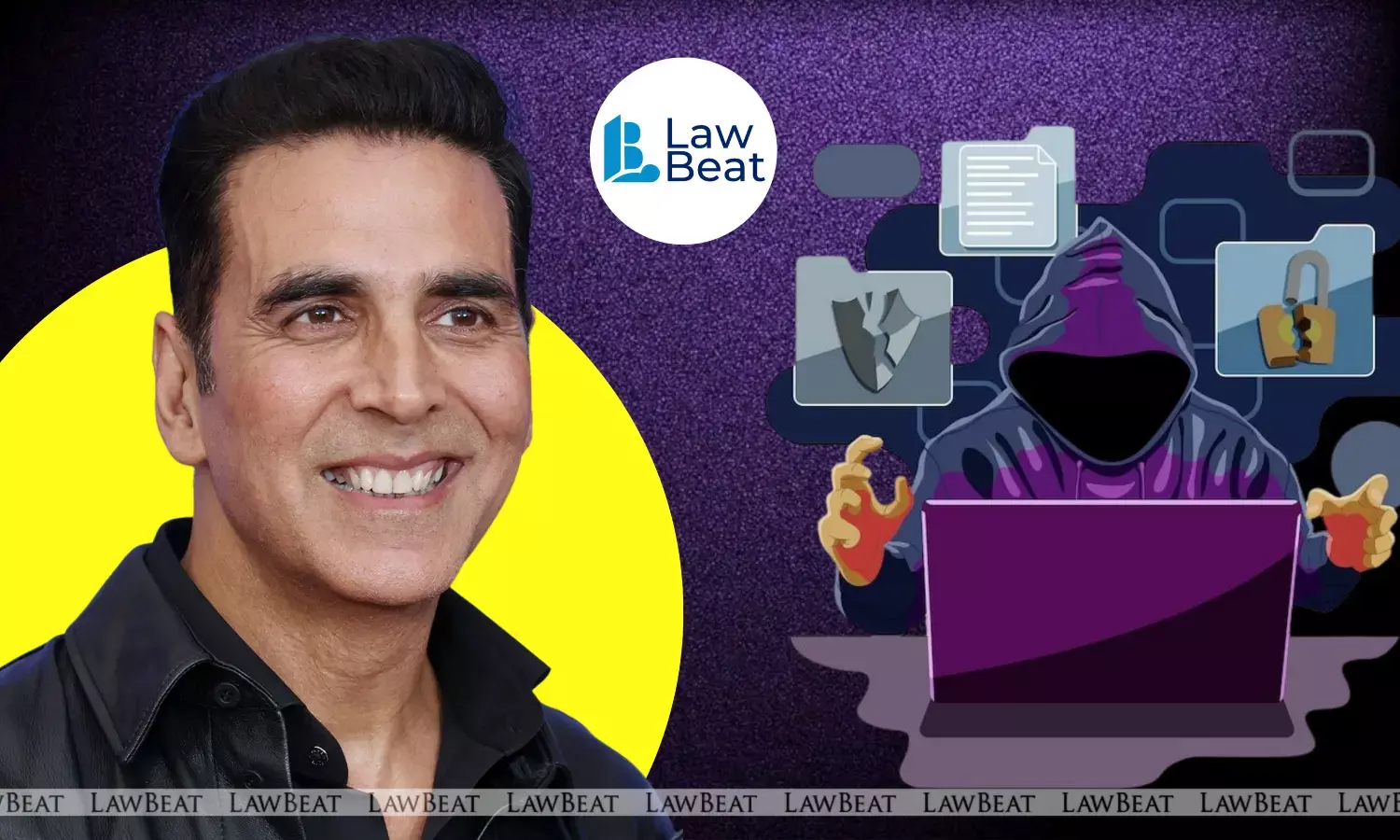Akshay Kumar Flags Cybercrime Threat After Daughter’s Online Encounter, Calls for ‘Cyber Period’ in Schools

Actor Akshay Kumar, while speaking recently on the growing dangers of cybercrime, shared a deeply personal incident from his own family.
He narrated how his young daughter, while playing an online video game, received an unsolicited message from an unknown user asking her for nude photographs. Disturbed, she immediately switched off the game and informed her mother.
For him, the episode was a stark reminder of how easily predators can reach children through seemingly harmless digital platforms.
Using the incident to highlight a systemic gap, the actor observed that while India has laws addressing online obscenity and child exploitation, there is no statutory body or regulatory framework dedicated exclusively to monitoring such threats in real time, especially in spaces like online gaming.
He urged the Maharashtra government to introduce a weekly “Cyber Period” in schools for students in classes VII to X, where children can be educated about cyber safety and taught how to recognise and report suspicious behaviour.
“This crime is becoming bigger than street crime,” and therefore requires both legal and social intervention, he said.
The actor's appeal comes against the backdrop of rising instances of online harassment and child sexual exploitation in India. The Information Technology Act, 2000, particularly Sections 67 and 67B, criminalizes the publishing, transmission, and solicitation of obscene and sexually explicit material, including content involving children.
Complementing this, the Protection of Children from Sexual Offences (POCSO) Act, 2012 covers the online grooming and solicitation of minors, treating such conduct on par with physical offences.
Despite these statutory protections, the absence of a specialised monitoring mechanism or proactive awareness programme often means that action is taken only after harm occurs.
Cybercrime, by its very nature, transcends physical boundaries. While traditional policing may handle street offences, digital platforms, whether gaming apps, chatrooms, or social media, present unique challenges. The anonymity offered to users emboldens predators, making children particularly susceptible. Existing laws empower police and investigative agencies to act once a complaint is filed, but prevention, as the actor underlined, lies in education.
A child aware of the dangers of online solicitation is better equipped to respond safely and to seek help without stigma.
The idea of a “Cyber Period” in schools is not merely symbolic. It represents a preventive strategy, equipping children with knowledge as the first line of defence. Much like moral science or value education once served to instil ethics, cyber education could help instil digital resilience, ensuring that children enter the online space with awareness of both their rights and their vulnerabilities.
The actor's candid admission, that the threat reached his own household, underscores how pervasive the problem has become.
It is no longer limited to isolated news reports but is a lived reality for families across socio-economic strata.
His call, therefore, is not just a plea to government but a reminder that legal provisions, however robust, must be paired with active education and institutional frameworks if India is to meaningfully confront what is now an expanding frontier of crime.
